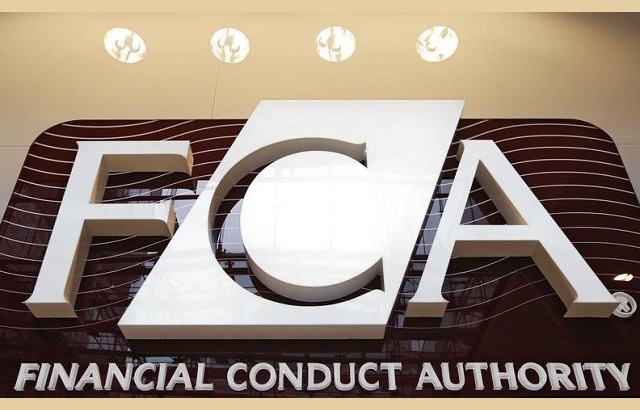The UK financial regulator has come under a lot of criticism over the last few years, with the London Capital & Finance scandal as well as rising regulatory fees.
But recently, the Financial Conduct Authority (FCA) said it needs to learn from the “potential failures” of the regulatory system.
Christopher Woolard, outgoing interim chief executive of the FCA, said at the 10th annual International Financial Services Forum: “We know we have more to do.
“In the autumn, we will see the results of a number of reviews into potential failures of the regulatory system. I have no doubt there will be painful lessons and the FCA will need to learn from them.
“I have 4,000 colleagues willing to make judgements. They are good people. Some routinely put themselves in the way of harm for the public they serve. We deal with individuals who you would not like to meet, some are dishonest, some corrupt, some dangerous.
“We seek to help millions of ordinary people, and we have during this pandemic. But the nature of the work we do means […] there will be times where we cannot stop failure or where we call a finely balanced judgement wrongly or miss something.”
Speed up justice
One of the main criticisms of the FCA has been the speed of the regulator to crackdown on fraudsters or rogue advisers.
But Woolard says that when it comes to criminal cases “there are no short cuts”.
“Every person who has been wronged wants swift justice, everyone who believes themselves innocent wants a fair trial,” Woolard added. “Let’s say that the FCA suspects an FCA-authorised firm has been involved in serious misconduct.
“Whether we can bring a case is not a question of what we think has happened, but what we can prove has happened.
“As a public authority, we need to carry out an investigation that looks at all reasonable lines of inquiry, including those that may be consistent with innocence.
“In the context of white collar or regulatory misconduct, this means a sea of documents, many investigations involve hundreds of thousands of documents, and competing versions of the truth. Once we think we can prove a case, litigation can take longer than the investigation.
“A regulatory case proceeds through our internal processes, established by law, there to ensure we are using our powers judiciously, before it may come before the upper tribunal.
“A criminal case can also take just as long, if not longer.”
Helping consumers
Another area is how the regulator has not helped protect retail investors against scams and ‘too good to be true’ investment schemes.
But the watchdog has said it will make changes to improve the choices for consumers.
“The FCA has made consumer investments a business priority and we’re determined to see better outcomes,” Woolard said. “We have banned or restricted some of the riskiest products and we have investigations under way into some of the bad advice we have seen.
“But there have been too many scams and too many scandals. We are open to making some major changes in our regulatory approach, and are calling for input to help us consider these.”








